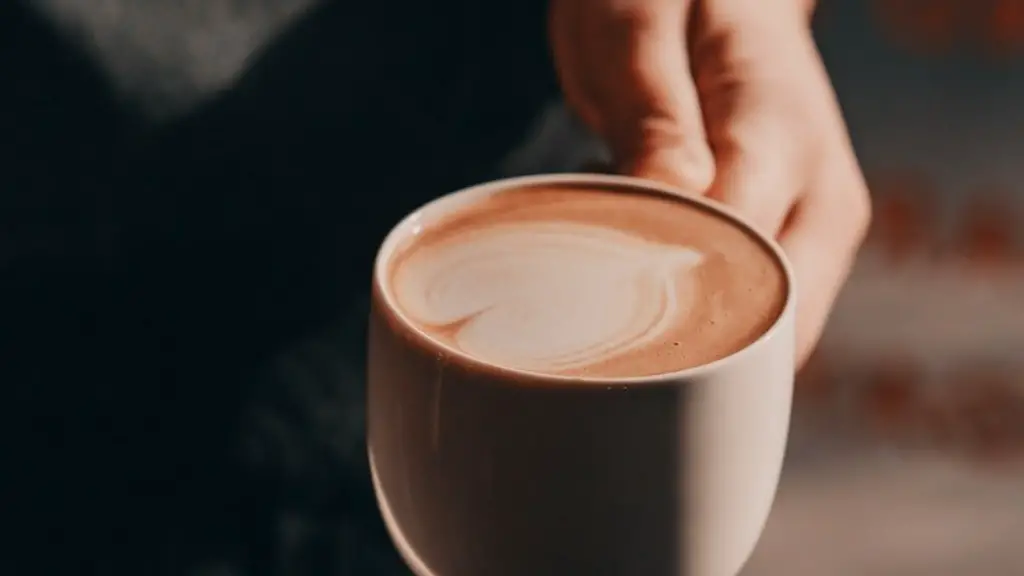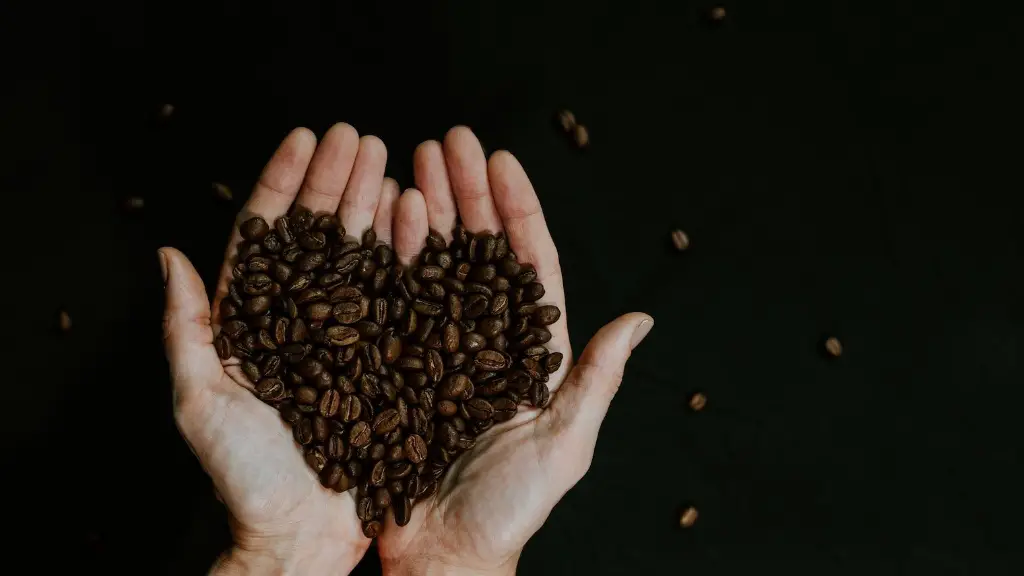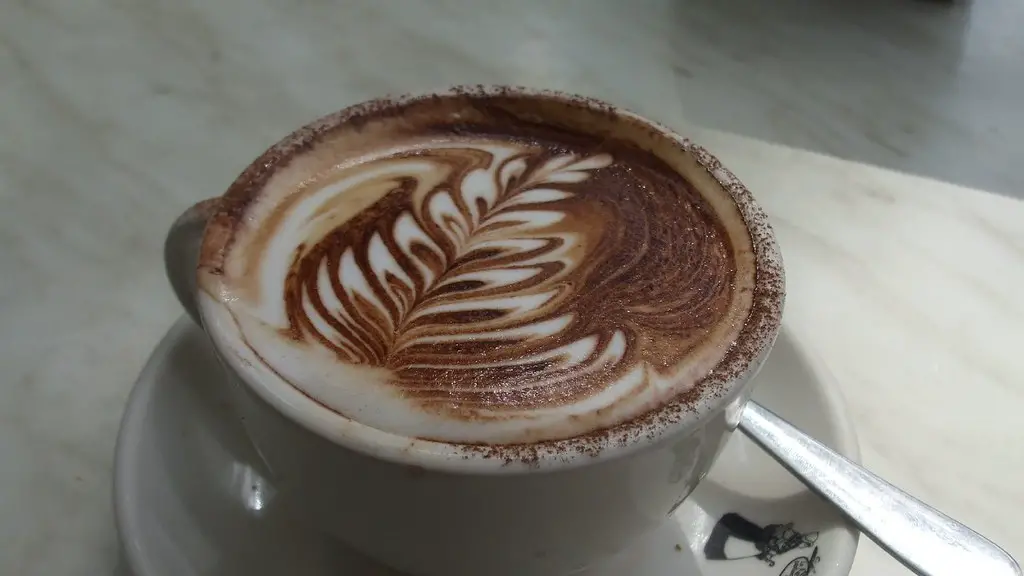Can you drink coffee after an endoscopy? It is a question many people have asked. And while there is no one-size-fits-all answer, there are a few things to keep in mind.
First of all, endoscopy is an outpatient procedure used to look inside the body, usually to investigate digestive system problems such as acid reflux. During the procedure, a thin, flexible tube is inserted into the body through the mouth. The tube has a tiny camera on the end, allowing the doctor to view the inside of the body. Afterwards, patients should take it easy for 24 hours, before slowly returning to their normal activities.
When it comes to caffeine and endoscopies, there is no conclusive evidence either way. Some doctors recommend that patients avoid drinking coffee after the procedure because of the potential to cause stomach irritation. On the other hand, there is also evidence that caffeine can help the healing process by stimulating the digestive tract.
It is important to speak to a doctor or healthcare professional before drinking or consuming any caffeine after an endoscopy. They will be able to provide personalised advice based on your individual circumstances. They may even advise that coffee or other caffeinated drinks be avoided.
It is also important to be aware of the potential risks. Caffeine can contribute to dehydration, which can be especially troublesome after an endoscopy. Drinking too much caffeine can also lead to jitteriness and irritability, which might negatively impact the recovery process. And for those with any underlying heart or circulatory conditions, too much caffeine can even prove dangerous.
Ultimately, it is up to the individual to decide whether or not to drink coffee after an endoscopy. It is important to do what feels comfortable and avoid overwhelming the body with too much caffeine. Taking it easy and drinking plenty of water is usually a safe bet for those recovering from an endoscopy.
Other Considerations
Apart from coffee, there are other types of beverages that should be avoided after an endoscopy. Carbonated drinks, such as sodas and fizzy drinks, can cause bloating and abdominal discomfort. Alcohol should definitely be avoided, as it can interfere with pain medications, such as ibuprofen. If any of these drinks are consumed, it is important to stay hydrated by drinking plenty of water as well.
Drinking herbal tea, on the other hand, can be beneficial. Herbal teas such as chamomile, ginger and peppermint, can help to relieve gas, bloating and other digestive ailments, and may even help to reduce nausea and abdominal pain. But as always, it is important to speak to a healthcare professional first and make sure that any herbal teas are safe for use.
Easing Discomfort With Diet
Once the endoscopy is over, resuming a normal diet is important. However, it is also important to take it slow and avoid eating too much or too quickly. Eating a healthy, balanced diet with plenty of fruits and vegetables will help to reduce any discomfort and speed up the recovery process. Other foods that can help include yoghurt, fish, nuts, and high-fiber cereal.
It is also important to avoid certain foods and drinks, including spicy, fatty and fried foods, as well as carbonated drinks. These foods and drinks can increase the risk of nausea, bloating and abdominal discomfort.
Yoga and Relaxation
Yoga and relaxation techniques can help to reduce stress and ease discomfort. Taking a few moments each day to focus on breathing, stretching, and calming the mind can help to reduce any physical or emotional discomfort that might be experienced. This can also help to speed up the healing process and get you back to normal as soon as possible.
Meditation is another great way to help relax and reduce stress. Taking a few moments each day to sit in silence and focus on your breathing can help to clear your mind and reduce anxiety.
Managing Stress
Managing stress can be beneficial in the recovery process after an endoscopy. Making time for yourself and listening to calming music can help to reduce any stress or anxiety. It is also important to recognize when you need a break, and take time to rest and recharge.
Speaking to your doctor or healthcare professional can also be helpful. They can offer advice and support to help manage any discomfort or stress. Therapy or counseling may also be beneficial for those who are finding it difficult to cope with the physical or emotional effects of endoscopy.
The Bottom Line
Can you drink coffee after an endoscopy? Ultimately, it is up to the individual to decide. But it is important to speak to a doctor or healthcare professional first and make sure that any caffeine intake is safe and comfortable. As always, it is important to take it easy and make sure that the body is well-rested and hydrated. By doing this, you are more likely to have a speedy and successful recovery.



